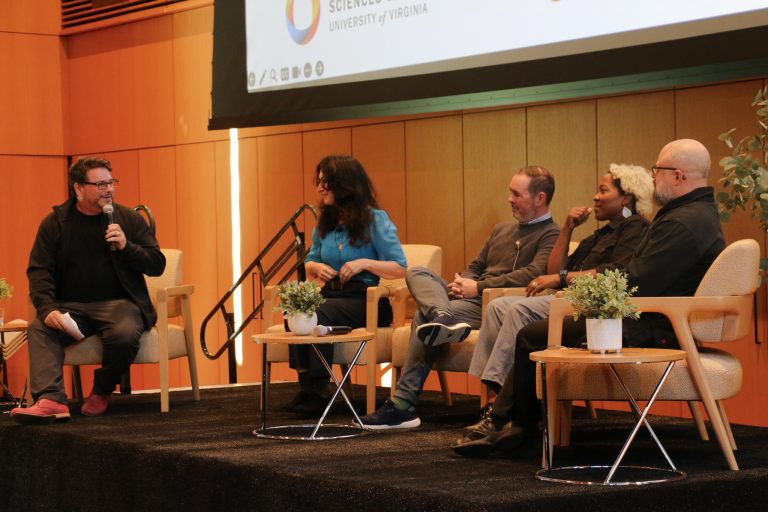The JCS Editors are excited to announce a call for papers for a Special Issue focusing on Confucian Contemplation with guest editors Bin Song (Washington College) and Judson Murray (Capital University).

With contemplation defined as activities involving heightened attention to gain insights, and meditation as its still form, the Confucian (traditionally termed Ru 儒, meaning “a civilized human”) tradition has not been adequately represented in the field of contemplative studies. Komjathy’s Introducing Contemplative Studies (2017) has noted this research gap, and none of the recent Routledge (2020, 2022) or Oxford (2021) handbooks on meditation studies includes a chapter on Confucianism. While some book-length English scholarship from the late 20th century has explored the topic of Confucian quiet-sitting, it has neither been comprehensive nor reflective of the significance and prevalence of contemplative practices in the Confucian tradition. Although East Asian scholarship is relatively stronger than its Western counterpart, scholars who primarily publish in East Asian languages have not yet extensively participated in the global conversation on contemplative studies.
Nevertheless, Confucians from ancient times to the present have consistently engaged in contemplative practices such as ritual, fasting, music, archery, calligraphy, reading, and dialogue. These practices are central to their aim of integrating philosophical and ethical insights into one’s personhood and actions through heightened attention. This facilitates the primary objective of Confucian learning: self-cultivation, which underpins the ethical, social, and political activities for which Confucians are known.
Three key factors contribute to the lack of focus on Confucian contemplation in academic research. First, rather than living as secluded monks, Confucian practitioners were often integrated into society as officials, scholars, or merchants, which complicates conventional religious-philosophical categorizations. Second, while Confucian contemplative writings relate and philosophize about contemplative experience, they are typically concise on instructional techniques, making practical understanding challenging. Third, Confucian practitioners’ reinterpretations of the tradition’s ancient classical writings incorporated Buddhist and Daoist influences, which made their contemplative writings among the most philosophically sophisticated in East Asian literature.
Integrating Confucian perspectives more fully into contemplative studies offers benefits. It provides new data from the Confucian tradition on a unique sort of contemplative experience that is of a decidedly this-worldly bent. This orientation could be particularly relevant to modern professionals and knowledge workers. The challenges and demands placed on them in their working lives, interpersonal relations, and social-cultural contexts are not so dissimilar from those that past Confucians faced. They may find, as many Confucians have, innovative and useful perspectives, values, methods, and resources by engaging with the tradition’s contemplative dimensions.
This special issue aims to renew scholarly interest in Confucian contemplation, examining its historical landscape and contemporary significance. It encourages open submissions in the form of research articles and book reviews from any disciplinary or thematic background, including but not limited to:
- Contemplative techniques, experiences, and philosophies in Confucian history.
- Case studies on Confucian contemplative practitioners.
- Comparative studies of contemplative lineages within Confucianism across East Asian countries such as China, Korea, Japan, and Vietnam.
- Comparisons of Confucian contemplation with other world traditions.
- Empirical research on contemporary Confucian contemplative practices.
- Historical Confucian contemplative practices and interdisciplinary dialogues with fields such as neuroscience, psychology, and philosophy.
We hope this issue will lay the groundwork for reviving Confucian contemplation as a recognized area within global contemplative studies.
The deadline for submitting an abstract is February 15, 2025. Final articles will be due by August 1, 2025. All final publication decisions are at the discretion of the guest editors and executive editors of the Journal of Contemplative Studies.
Submit all abstracts through the author portal via the JCS Submissions page. Questions should be directed to
bsong2@washcoll.edu or contemplativejournal@virginia.edu.




